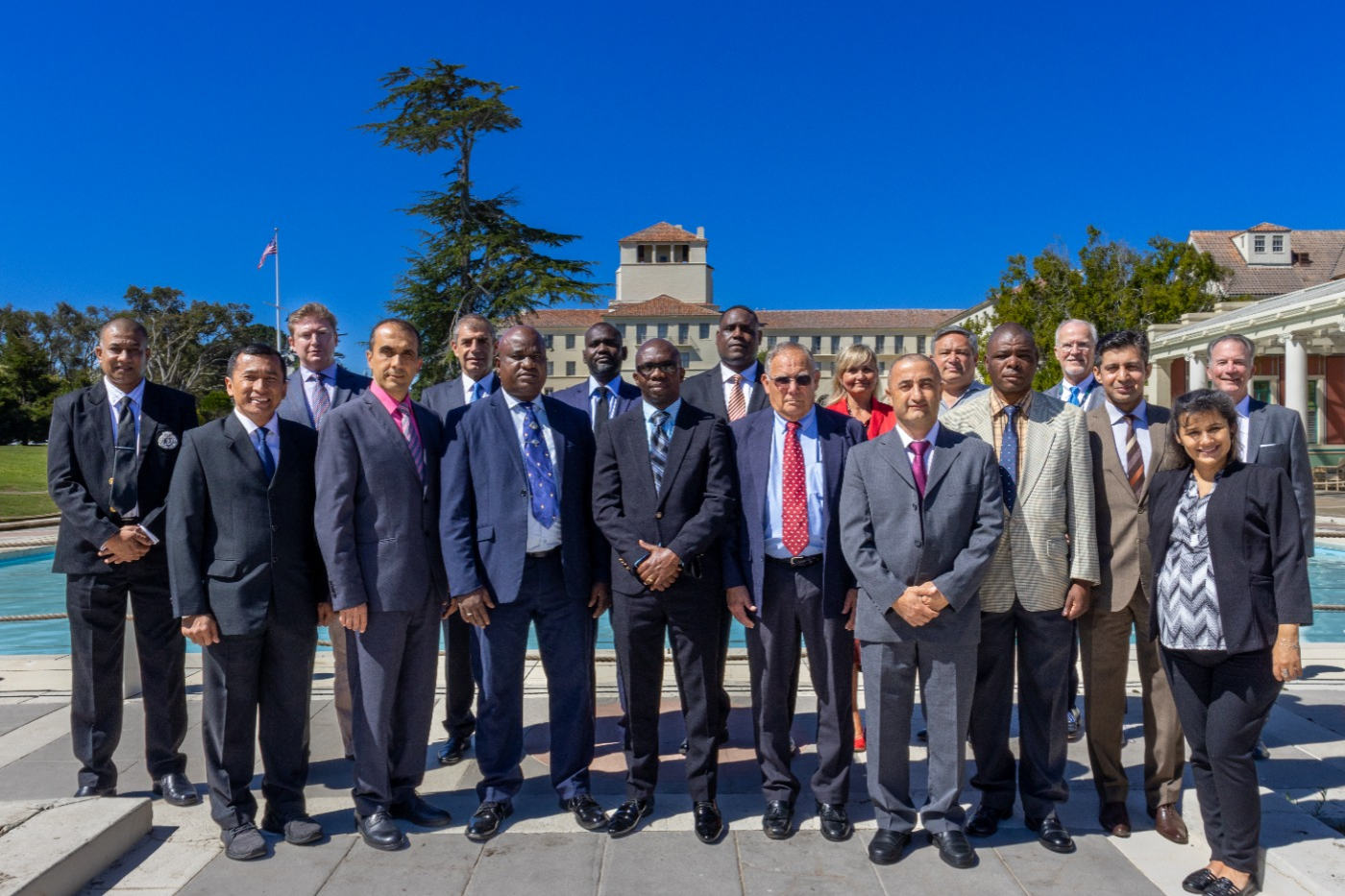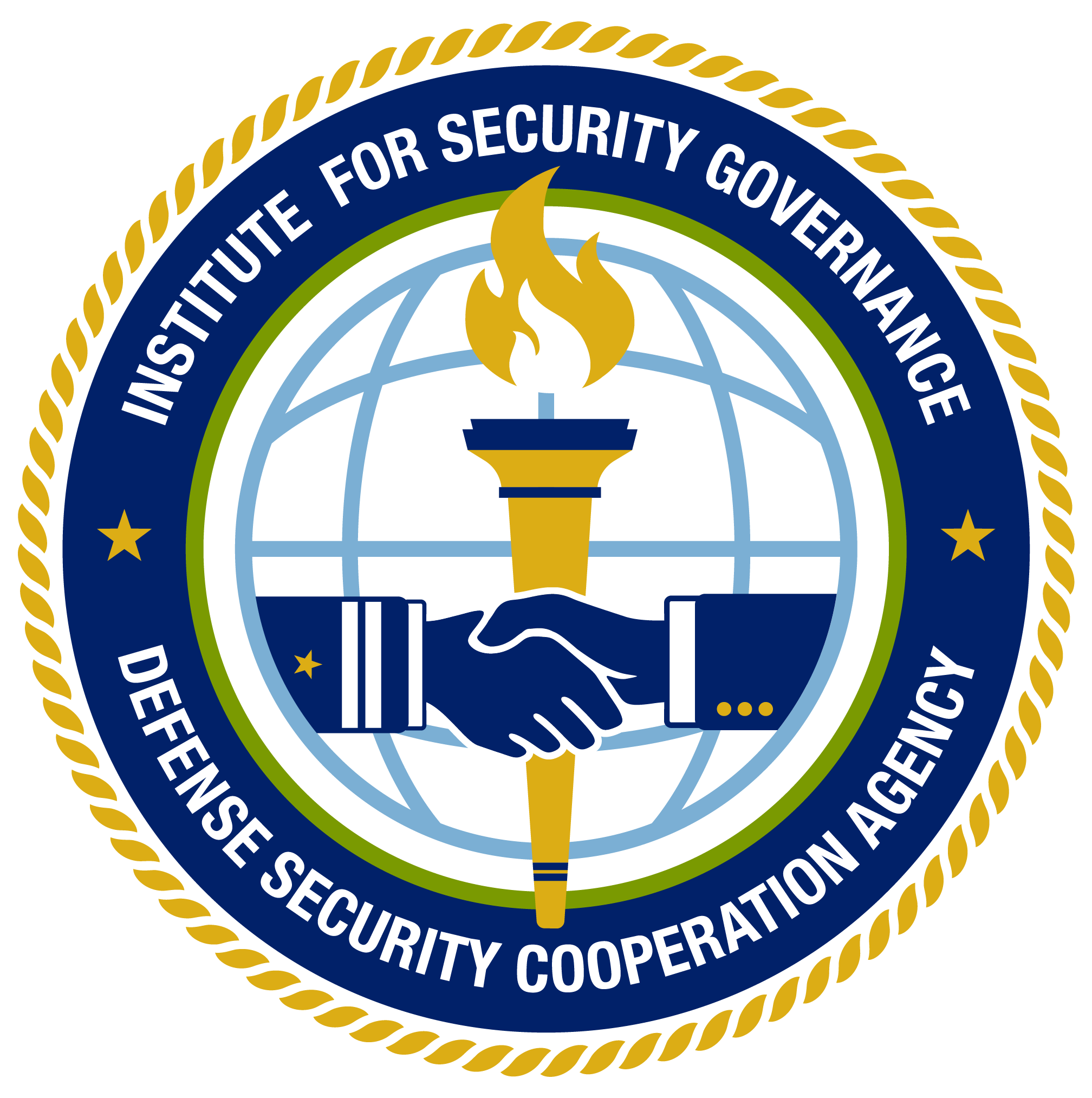THE SCIENCE AND ART OF LOGISTICS CAPACITY BUILDING - Defense Security Cooperation University

Sep 14, 2022
THE SCIENCE AND ART OF LOGISTICS CAPACITY BUILDING
By Jenny Leggett
The Institute for Security Governance (ISG) recently conducted a two-week Logistics Capacity Building (LCB) Resident Course at ISG headquarters in Monterey, California. The course focused on logistics management concepts to build and strengthen Partner Nation efforts to better assess their logistics requirements and implement lessons-learned within the unique context of their country. Course instruction emphasized the necessity to integrate other institutional capabilities such as strategy, policy, and plans; human resource management; and resource management into logistics requirements. Pedagogically, the course featured diverse learning methodologies including case study presentations, lectures, small group exercises/activities, and structured discussions. This inaugural course was led by ISG’s Senior Lecturer for Logistics Institutional Capacity Building, Dr. Ryan Moses, and was supported by various subject matter experts.
By definition, “Logistics is the process of planning, implementing, and controlling procedures for the efficient and effective transportation and storage of goods including services, and related information from the point of origin to the point of consumption for the purpose of conforming to customer requirements.” Dr. Moses explained to course participants that current challenges within the strategic, operational, and tactical environment in the wake of the COVID-19 pandemic have greatly contributed to the varying degrees of Volatility, Uncertainty, Complexity, and Ambiguity (VUCA). He also stressed the “…imperative for logisticians and other practitioners to effectively problematize while navigating the current VUCA environment in order to improve Logistics Institutional Capacity (ICB), interoperability, and resourcing strategy.”
While participants were presented with various theories and approaches to logistics management, Dr. Moses encouraged course attendees to consider more than just technical proficiencies and principled practices, stating: “This also includes understanding ‘The Science of Logistics’—to calculate, determine, predict, and support requirements—as well as ‘The Art of Logistics’ to help answer how logistics sustainment can be employed in a dynamic and nebulous environment.” He explained to the class that “Greater levels of appreciation and understanding can be gained using knowledge innovation, while operating within indeterminate zones of practice, or when dealing with emerging situations that have not been previously experienced. This is especially important in resource-constrained environments marked with increasing levels of VUCA."
Greater levels of appreciation and understanding can be gained using knowledge innovation, while operating within indeterminate zones of practice, or when dealing with emerging situations that have not been previously experienced. This is especially important in resource-constrained environments marked with increasing levels of VUCA.
Dr. Moses’s personal approach to instruction also employs both science and art, as evidenced by his proficiency in presenting complex information, while simultaneously facilitating engaged, cross-cultural discussion and active participation. Participants were provided take-home resources and support plans that can be tailored to their country and added to their “kit bags,” serving as a catalyst to transform classroom learning into real-world application and impact. The participants, who hailed from Croatia, Guyana, Indonesia, Lebanon, Malawi, and Pakistan, represent the higher echelons of their national security governance structures, and hold ranks spanning from Lieutenant Colonel/Commander (O-5) through Major General/Rear Admiral (0-8), and their civilian equivalents.
The topics presented during the course were manifold and included:
-
Role of a professional logistics force from a public administration perspective
-
Elements and Importance of a nation's Defense Logistics Management System
-
Policy Entrepreneurship: Influence in support of a Nation’s Defense Logistics Management System
-
Military support to Civil Authority Roles and Missions from a Logistics Management and Civil-Military Relations perspective
-
Logistics Institutional Capacity Building, Strategy Development & Assessments
-
Role of Operational Readiness Reporting on Logistics ICB
-
Logistics Management Requirements Forecasting, Strategic & Operational Planning, from a functional area perspective: Supply Chain Management, Maintenance & Materiel Management, Distribution & Transportation Management, Operational Contracting Support/Logistics Services, and Health Service Support
-
Logistics Special Topics: Role of Cyber Domain on Logistics Management, Impacts of Outsourcing on Logistics ICB and Readiness, Role of Human Capital Management across the Defense Logistics Enterprise
-
Adaptive Leadership in support of Logistics Institutional Capacity Building
-
Logistics ICB Course Exercise
The objective of the course is to enable participants to understand and apply logistics management concepts and principles to their country’s specific needs. Participants are equipped with the foundational building blocks to define and discuss the relationship among logistics management, resource management, and human resource management in support of Institutional Capacity Building (ICB), as well as to understand the importance of continuous assessment of logistics management functions and institutions. Finally, by the end of the course, participants should be fluent in the principles of civilian control of the military and its impact on logistics management and be able to describe the impact of law/military judicial systems on the practice of institutional logistics management for a national security force.
The Logistics Capacity Building Resident Course is programmed annually and will no doubt continue to provide a solid working foundation for participants to adapt and implement.

